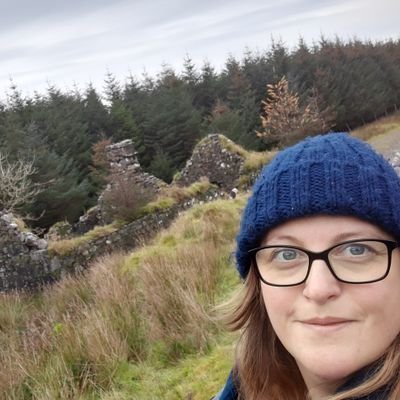Public Policy Making – From Idea to Realization
A course in Public Policy Making started this week at UW.
The course gives students an insight into the process of how an idea or a need for public intervention could turn into policy in practice. The policy-making process is studied with a focus on agenda-setting theories, i.e. how an issue gets onto the government agenda and what explains that sometimes an issue becomes realized but sometimes not. It also covers different aspects of the public policy process, problem definition, agenda setting, policy formulation, implementation and accountability. Competing views and interests are considered regarding efficiency, equity, individual freedom, and social cohesion when defining public policy objectives. Students gain insight into the methods the government employs to reach its goals by covering the various tools of government.
The teaching is conducted through lectures, interactive sessions and a field trip. Real-life examples that are discussed in relation to the policy-making process are centred on regional and local development with special attention to the challenges of coastal communities.
The course instructor is Kirsten Gow, who is an islands-based researcher specialising in island and rural settings. Her PhD examining diaspora and return migration in Scotland's islands is built on a career which involved supporting grassroots community projects across rural and island areas in Scotland. She has previously acted as a dissertation advisor on the Coastal Communities and Regional Development programme but joins UW as an instructor for the first time.
Throughout both her academic and non-academic career Kirsten has worked with communities and governments at all levels to create, design, and evaluate policy. Within her PhD this included developing Gow's Typology of Scotland's Islands into the official Scottish Government Scottish Islands Typology to help policy makers and others better understand the island context and the potential impacts of their work. More widely, Kirsten has played an active role in co-ordinating local responses to regional and national policy proposals; worked with organisations such as Rural Housing Scotland and the Scottish Islands Federation to advocate for island and rural communities; provided evidence to government on rural and island policy; and been a member of the policy committee of the European Small Islands Federation. Kirsten is co-convenor of the New Voices in Island Studies network.
More information about the course can be found here.
All master's courses taught at UW are open to guest students, exchange students, and people from the world of work. The courses are part of our two international multidisciplinary master's programs, Coastal and Marine Management and Coastal Communities and Regional Development. The courses are modular, taught in English, hands-on and many of them include field trips and company visits. Check out the UW course catalogue to find out more.
